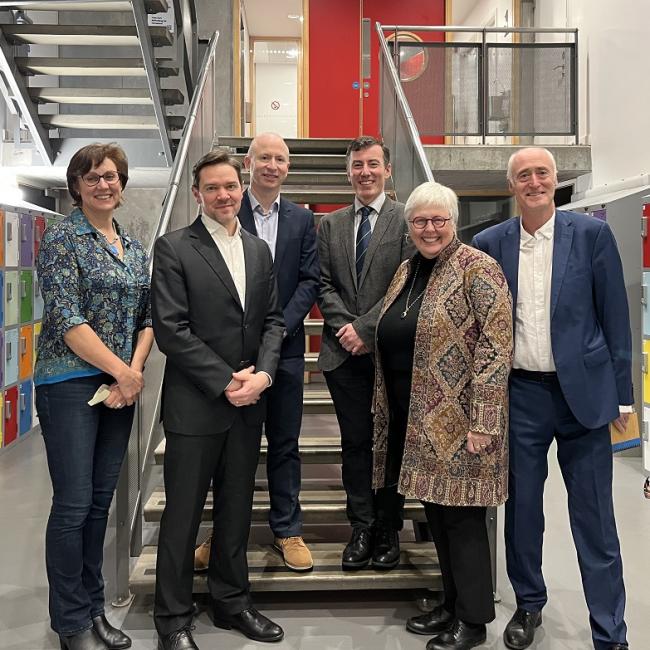Perceptions of brain health and aging among middle-aged latinos: A qualitative paper
Patient Educ Couns. 2024 Oct 11;130:108462. doi: 10.1016/j.pec.2024.108462. Online ahead of print.
ABSTRACT
OBJECTIVES: Latinos living in the US are disproportionately impacted by Alzheimer's disease and related dementias (ADRD). To develop culturally-informed interventions, a first step is engaging with key stakeholders. The present study aimed to explore perspectives on brain health and aging among middle-aged Latinos living in Chicago, IL.
METHODS: Individual, semi-structured interviews were conducted with 30 English- or Spanish-speaking Latinos between 35 to 64 years old. Questions from a previously used interview guide were leveraged and addressed knowledge about the brain, perceptions of healthy and unhealthy aging, ideas of how to care for the brain, where knowledge was acquired, and suggestions for disseminating brain health education. Responses were analyzed using thematic analysis.
RESULTS: The following themes were identified: (1) Understanding of the brain is varied (including cognitive, behavioral, anatomical, and psychological descriptions); (2) Perceptions surrounding healthy aging are broad and demonstrate a depth of understanding (e.g., physical and cognitive abilities, independence, positive emotions, and sociability), yet understanding of signs of an unhealthy brain is somewhat limited (e.g., focus on memory); (3) Brain health promotion is largely viewed as actionable (spanning physical health, cognitively stimulating activities, emotional wellbeing, medical self-management, and social connectedness); (4) Suggestions for disseminating education included media, clinics, churches, libraries, and community centers, with consideration of possible barriers and facilitators to behavior change (e.g., finances, prioritizing family).
CONCLUSIONS: Results showed significant heterogeneity in understanding of the brain, albeit with promising attitudes that actions can be taken to protect one's brain from ADRD.
PRACTICE IMPLICATIONS: Takeaways include the need for increasing education on normative versus nonnormative memory loss and signs of ADRD beyond memory impairment. Messaging may benefit from utilizing analogies, considering familism and spirituality, and highlighting lifestyle changes that do not carry a financial burden or place blame on individuals.
PMID:39413721 | DOI:10.1016/j.pec.2024.108462





